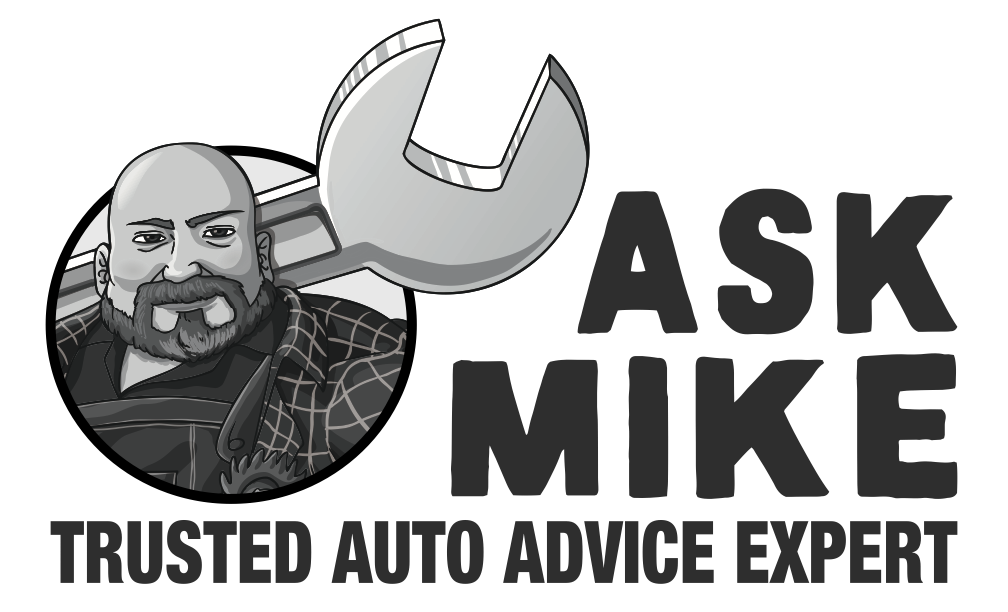Dear Mike,
I hope this letter finds you doing well. I have a question about my car as I’m currently self-isolating and won’t be driving it for a few weeks. What can I expect or what should I do to ensure that it runs smoothly when I do start driving it again?
I’m worried if there’s anything I should be doing during this time, like if it’s necessary to disconnect my battery or regularly start the car. Any advice would be greatly appreciated.
Thank you for taking the time to read my message and for your invaluable guidance.
Best regards,
Landon
Dear Landon,
Thanks for reaching out and thinking about your trusty vehicle during these strange times! Because you won’t be driving your car for a few weeks, there are some things you should do to ensure it runs smoothly when you start it up again.
First things first, don’t disconnect the battery. This is unnecessary and can cause more problems than it solves. Your car battery will be just fine if you leave it connected and parked for a few weeks.
However, as I mentioned earlier, depending on your vehicle and storage conditions, your parking brake could become seized, brake pads could rust to the rotors or brake shoes could distort the drums. So, don’t use the parking brake, even though it might be tempting. Not using the parking brake may not be a habit for you, but in this scenario, it’s good practice. Instead, if your vehicle has an automatic transmission, simply place it in park. If the car has a manual transmission, place it in first or reverse gear and use wheel chocks to help hold the vehicle in place.
Now, let’s talk about keeping your car in pristine condition. In case you weren’t aware, vehicles don’t like to be left unused for long periods of time. Nevertheless, I know you don’t want to see your car looking like it’s been sitting around for months when you start using it again so here’s what you can do:
Wash your vehicle and give it a good wax to ensure that dirt and contaminants are removed, and your car’s paint is protected against UV rays. Bird droppings are very acidic and can eat away at paint, so it’s essential to remove them as soon as possible. During the washing process, also be sure to get rid of tire sap and dirt, which can cause corrosion and paint damage if left to sit on your vehicle for extended periods of time.
If it’s feasible, store your car indoors in a cool and dry location. If you don’t have an appropriate storage option, consider a portable parking structure or a car bag. A high-quality car cover that keeps moisture out but still allows your car to breathe is also an excellent option.
While you’re parking the car for the next few weeks, prop up the wiper arms off the windshield so the blades don’t get stuck to the glass. You can also use desiccant packs inside the car to help keep everything dry if you know the location where you’re parking is relatively moist.
Critters can also be an issue, so be sure to check and seal the tailpipe, engine air filter inlet, and any other readily accessible openings with steel or copper wool. Those pesky rodents want nothing to do with that stuff.
In conclusion, Landon, storing your car for a few weeks while you self-isolate doesn’t need to be a reason to worry. Just make sure you take the necessary measures to protect it, and it will be safe and sound when it’s time to return to the road. As always, wish you and your vehicle all the best.
Sincerely,
Mike Urban
